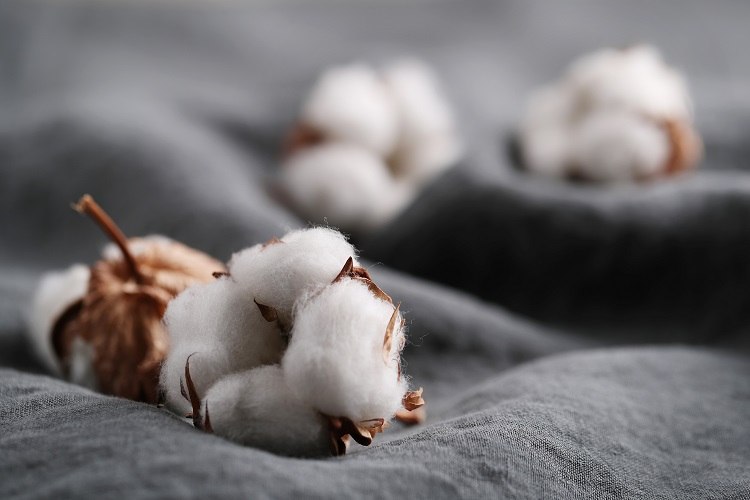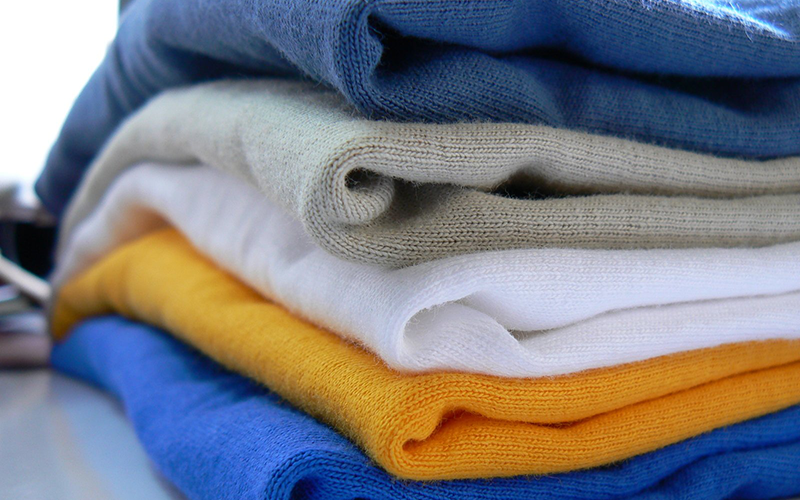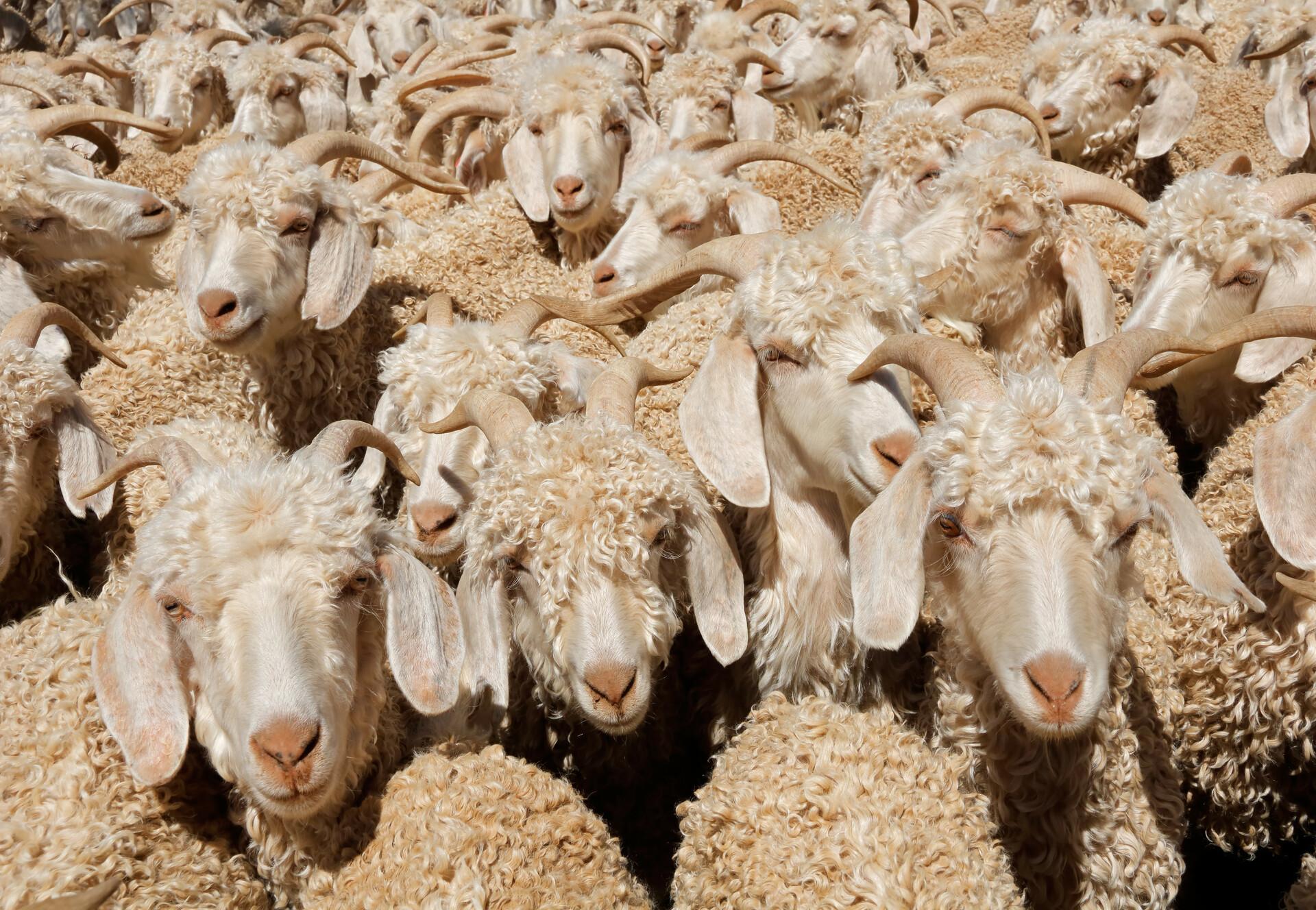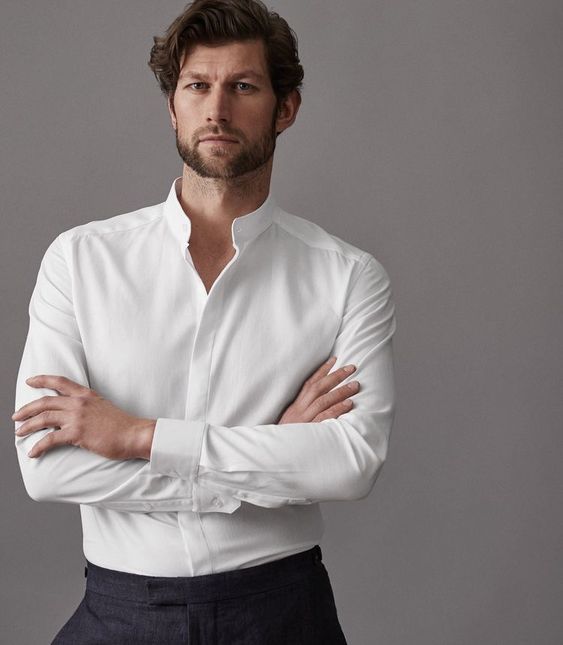- Lightweight T-shirt fabric: 4 ounces per square yard/135 GSM. These are suitable for summer clothing or garments requiring a softer drape.
- Medium weight fabric: 5 ounces per square yard/170 GSM. These offer a balance between breathability and warmth, making them versatile for most environments and seasons.
- Heavyweight (thick) fabric: 6 ounces per square yard (or more)/200 GSM (or more). These are used for winter outfits or products that experience more wear and tear.
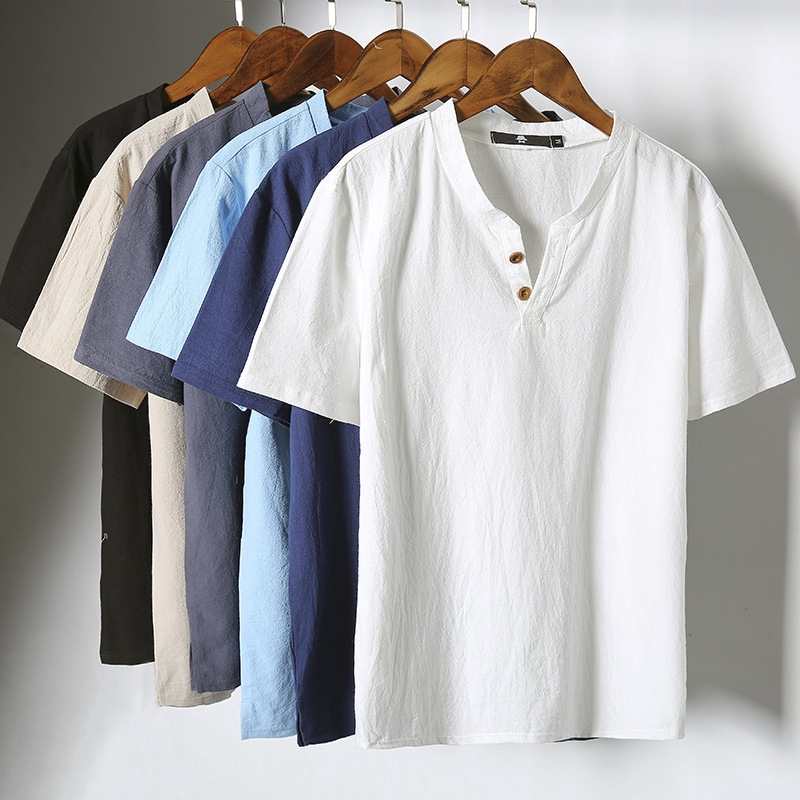
When it comes to making T-shirts, the fabric you choose plays a crucial role in the comfort, fit, and durability of the final product. Here are some of the best fabrics for making T-shirts.
Cotton: This is the most popular fabric for T-shirts. It’s soft, breathable, and comfortable. There are different types of cotton such as combed cotton, organic cotton, Pima cotton, and slub cotton.
Bamboo: This eco-friendly option has a lot of pros, including its anti-bacterial and moisture-wicking abilities. Bamboo keeps the body temperature down and is perfect for working out.
Rayon Jersey: Typically used for active or outdoor wear with moisture-wicking properties, rayon is a great shirt option, offering breathability that is silky soft with an excellent drape.
Polyester: A common choice for activewear, polyester is moisture-wicking with the ability to resist mold and mildew.
Spandex: This fabric is known for its incredible stretch, offering a lot of room for movement and creating a good fit. Spandex is commonly found in activewear.
Cotton Blends: Poly-cotton is common, but there are a ton of cotton blends. These will be somewhat softer than 100% cotton and more stretchy. If the blend is polyester then the fabric will be more heat, water, and wrinkle resistant with the ability to withstand more wear and tear than 100% cotton.
Each fabric has its unique characteristics with the natural fibers being a little more costly than those T-shirts made from synthetic materials. The choice of fabric depends on the desired comfort, durability, care requirements, and cost.
IGREEN TEX VIETNAM CO LTD
Address: No. 83 , A4 Street, Ward 12, Tan Binh Dist, HCMC
Tax code: 0315844409
Email: info@igreentex.com
WhatsApp/Viber/Zalo: +84938.045.900
